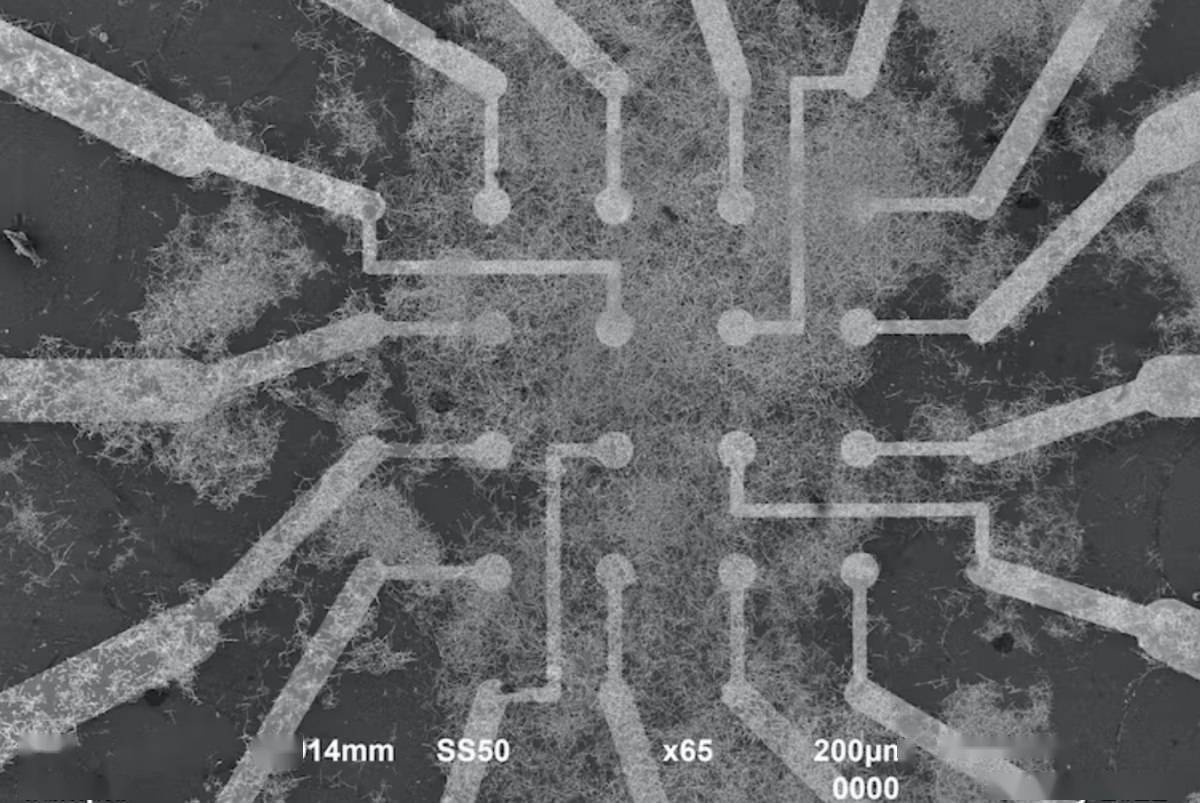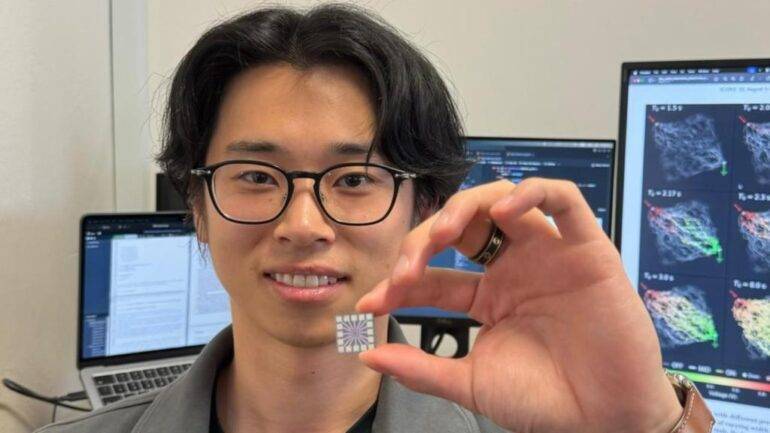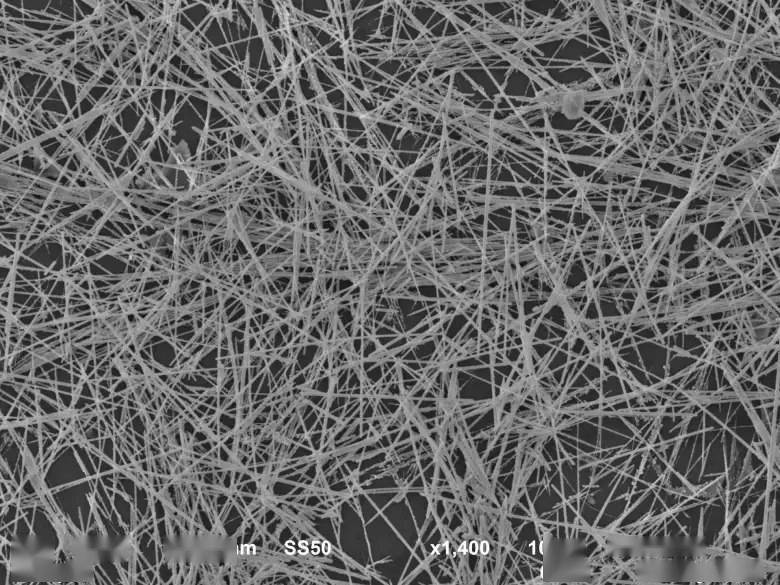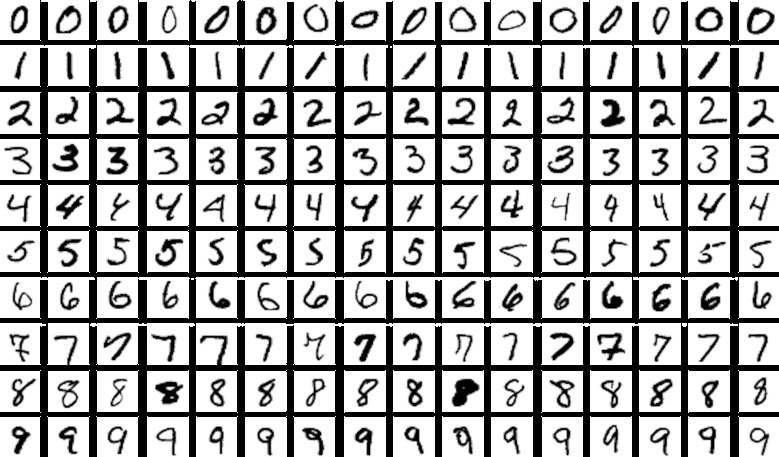
IT Home News on November 3, scientific researchers recently imitated the neural network in the brain and successfully developed a physical neural network that can dynamically learn and remember. The physical neural network is made up of tiny nanowires and mimics synapses in the brain, performing tasks by responding to changes in electrical resistance at the points where the wires intersect.


IT Home Note: Nanowire network is a kind of nanotechnology, usually made of highly conductive silver wires invisible to the naked eye, covered with plastic materials and forming a mesh structure.

They are able to self-assemble into a dynamically complex network with memory and processing capabilities, similar to the human brain. Now, an international team of researchers from the University of Sydney has demonstrated that a network of nanowires not only resembles the human brain, but is also capable of learning and remembering like the human brain.
This physical neural network is modeled after a human neural network and is composed of thin wires one billionth of a meter in diameter. It processes information by performing memory and learning tasks through a series of commands or algorithms that intersect the nanowires. Reacts to changes in electrical resistance at locations, just like the nodes in the game Pick-up Sticks.
Memory and learning tasks are implemented using simple algorithms that respond to changes in electronic resistance where the nanowires overlap. This feature, known as a "resistive memory switch," occurs when an electrical input encounters a change in conductivity, similar to what happens at synapses in our brains.

This innovative technology not only saves energy, but also significantly reduces memory usage, paving the way for efficient, low-energy machine intelligence capable of handling complex real-world learning and memory tasks. Their groundbreaking research paper, published in Nature Communications, marks a major advance in the fields of machine learning and artificial intelligence.
IT Home attaches the research paper address here: Zhu, R., Lilak, S., Loeffler, A. et al. Online dynamical learning and sequence memory with neuromorphic nanowire networks. Nat Commun 14, 6697 (2023) . https://doi.org/10.1038/s41467-023-42470-5
The above is the detailed content of New breakthrough: Scientists develop brain-inspired nanowire network to allow AI to imitate human real-time learning and memory. For more information, please follow other related articles on the PHP Chinese website!




